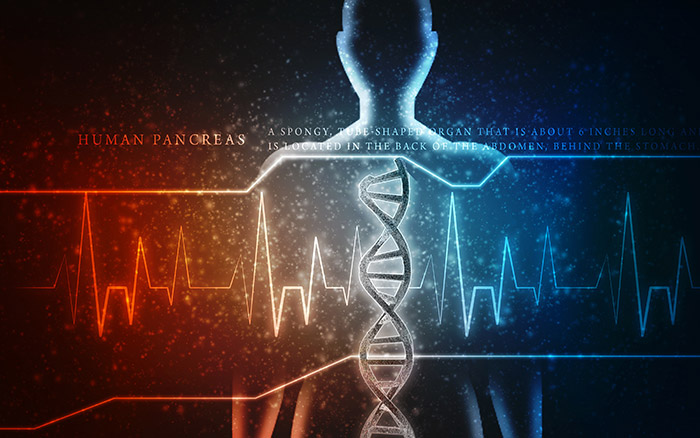- Home
- About Us
- Advanced Testing
- Nutrition & Self-Care
- Further Learning
- New Member Info
- Contact
This test identifies individuals with the Kif6 gene variant, which is correlated with an increased risk of coronary heart disease (CHD). However, statin therapy greatly diminishes this CV risk in the patients with this gene, so statins are important to consider in this patient population.
This genetic test determines whether an individual has the KIF6 variant rs20455. This variant increases CHD risk by about 1.5 fold, but some studies have shown that this risk can be normalized with statin therapy. In both the CARE and WOSCOPS trials, Pravastatin helped lower CV risk in Kif6 carriers, but not in non-carriers. 1 Similarly, in the PROVE IT trial, carriers of the Kif6 risk allele received significant risk reduction from atorvastatin, more so than non-carriers. On the other hand, in the Heart Protection Study and Jupiter trial, Kif6 did not predict statin response (no difference was seen). 3 4

In some studies, KIF6 carriers experienced a 13% greater reduction in CHD per mmol/L decrease in LDL cholesterol than non-carriers. The difference in clinical benefit may be due to the increased vulnerability to LDL cholesterol among KIF6 carriers. This reduction could explain the clinical benefit seen among KIF6 carriers and non-carriers (regarding statin therapies that lower LDL cholesterol). 2
Take home message: Kif6 positive patients may have a higher lifetime risk of cardiovascular disease, but in these patients, any statin will help lower their risk. Alternately, Kif6 negative patients can still be at risk, but they may not benefit from atorvastatin or pravastatin, so a different statin should be considered in these patients.
Do something today for a better tomorrow!
Make an appointment now for advanced testing. We are here to help.
REFERENCES
1 – https://www.ncbi.nlm.nih.gov/pubmed/18222353
2 – https://www.ncbi.nlm.nih.gov/pmc/articles/PMC3244415/
3 - Hopewell JC, et. al. J Am Coll Cardiol 2011; DOI: 10.1016/j.jacc.2011.02.015.
4 – https://www.ahajournals.org/doi/full/10.1161/CIRCGENETICS.110.959353